Navigating the world of skincare can feel like learning a new language. With so many buzzwords and scientific terms floating around, it’s easy to feel overwhelmed. So we’ve created this ultimate skincare glossary. It’s a guide you can return to anytime you need a refresher. Whenever you're deciphering product labels or researching the latest skincare trends, this list will help you become a true skintellectual.
A-Z Skincare Glossary
Active Ingredient– The key ingredient in a skincare product that delivers targeted benefits, such as retinol for anti-aging or vitamin C for brightening.
Antioxidant– A compound that protects the skin from free radicals and environmental damage. Common antioxidants include vitamin C, vitamin E, and green tea extract.
Barrier Function – The skin’s natural defense system that keeps moisture in and harmful pollutants out. A healthy barrier is essential for glowing, resilient skin.
Biodegradable – A term used for materials that break down naturally and safely in the environment, reducing waste and pollution.
Chemical Exfoliation – The process of removing dead skin cells using acids like AHAs (alpha hydroxy acids) and BHAs (beta hydroxy acids).
Collagen – A structural protein that keeps skin firm, plump, and youthful. Collagen production decreases with age, leading to wrinkles and sagging.
Double Cleansing – A two-step cleansing method that involves using an oil-based cleanser to remove makeup and SPF, followed by a water-based cleanser for a deeper clean.
Emollient – A moisturizing ingredient that softens and smooths the skin. Common emollients include shea butter, squalane, and ceramides.
Exfoliation – The process of removing dead skin cells to reveal a smoother, brighter complexion. It can be done chemically (with AHAs or BHAs) or physically (with scrubs or tools).
Free Radicals – Unstable molecules that damage skin cells and accelerate aging. Antioxidants help neutralize free radicals and protect the skin.
Glass Skin – A skincare trend that describes ultra-hydrated, smooth, and luminous skin with a poreless, dewy finish.
Humectant – A type of ingredient that draws moisture into the skin from the environment. Common humectants include hyaluronic acid and glycerin.
Hyperpigmentation – Dark spots or uneven skin tone caused by sun exposure, acne scars, or hormonal changes. Ingredients like vitamin C and niacinamide help fade pigmentation.
Lipids – Naturally occurring fats in the skin that help maintain hydration and barrier function.
Microbiome – The community of bacteria that live on your skin and play a role in maintaining a balanced, healthy complexion.
Peptide – A short chain of amino acids that stimulate collagen production and improve skin elasticity, reducing fine lines and wrinkles.
Photoaging – Premature aging of the skin caused by UV exposure, leading to wrinkles, sun spots, and loss of firmness.
pH Balance – The measure of acidity or alkalinity in skincare products. A balanced pH helps maintain the skin’s protective barrier.
Retinol– A form of vitamin A that speeds up cell turnover, reduces wrinkles, and improves skin texture. Should be used at night and followed with SPF in the morning.
Skin Elasticity – The ability of skin to bounce back after being stretched. Loss of elasticity leads to sagging and fine lines.
Skintellectual – A person who is highly informed about skincare ingredients, science, and routines, making educated choices for their skin.
Skipcare– A minimalist skincare trend that focuses on using fewer, high-performance products rather than layering multiple steps.
SPF (Sun Protection Factor) – A measure of how well a sunscreen protects against UVB rays. Daily SPF use is essential for preventing premature aging and skin cancer.
Water-Soluble – A term for ingredients that dissolve in water, allowing them to be easily absorbed by the skin without clogging pores. Also known as anhydrous.
By familiarizing yourself with these skincare terms, you’ll feel more confident in selecting the right products and building a routine that works for you. Keep this glossary bookmarked for future reference, and stay empowered on your journey to healthy, radiant skin!



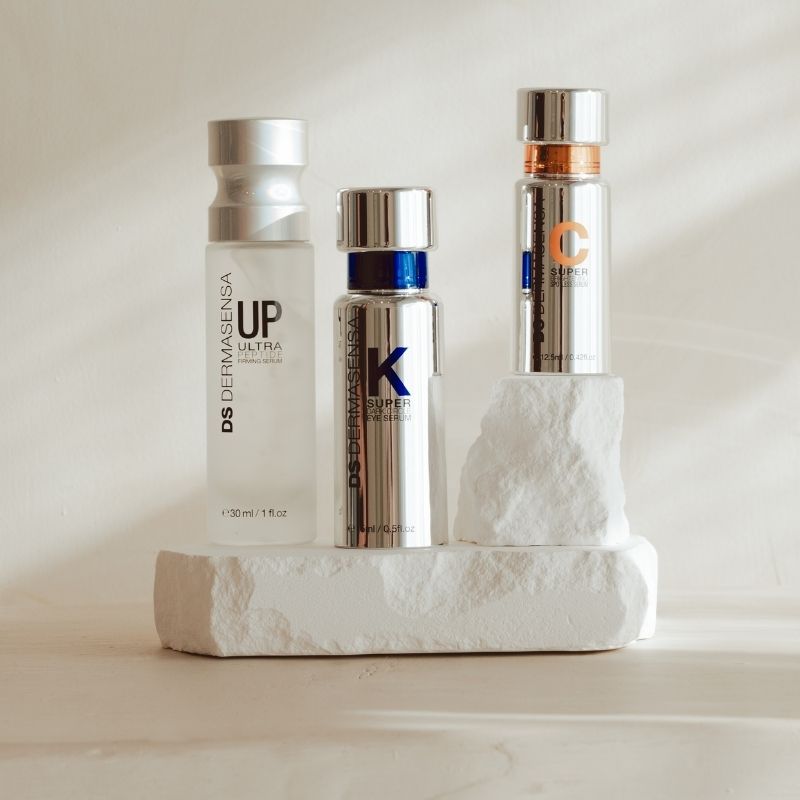
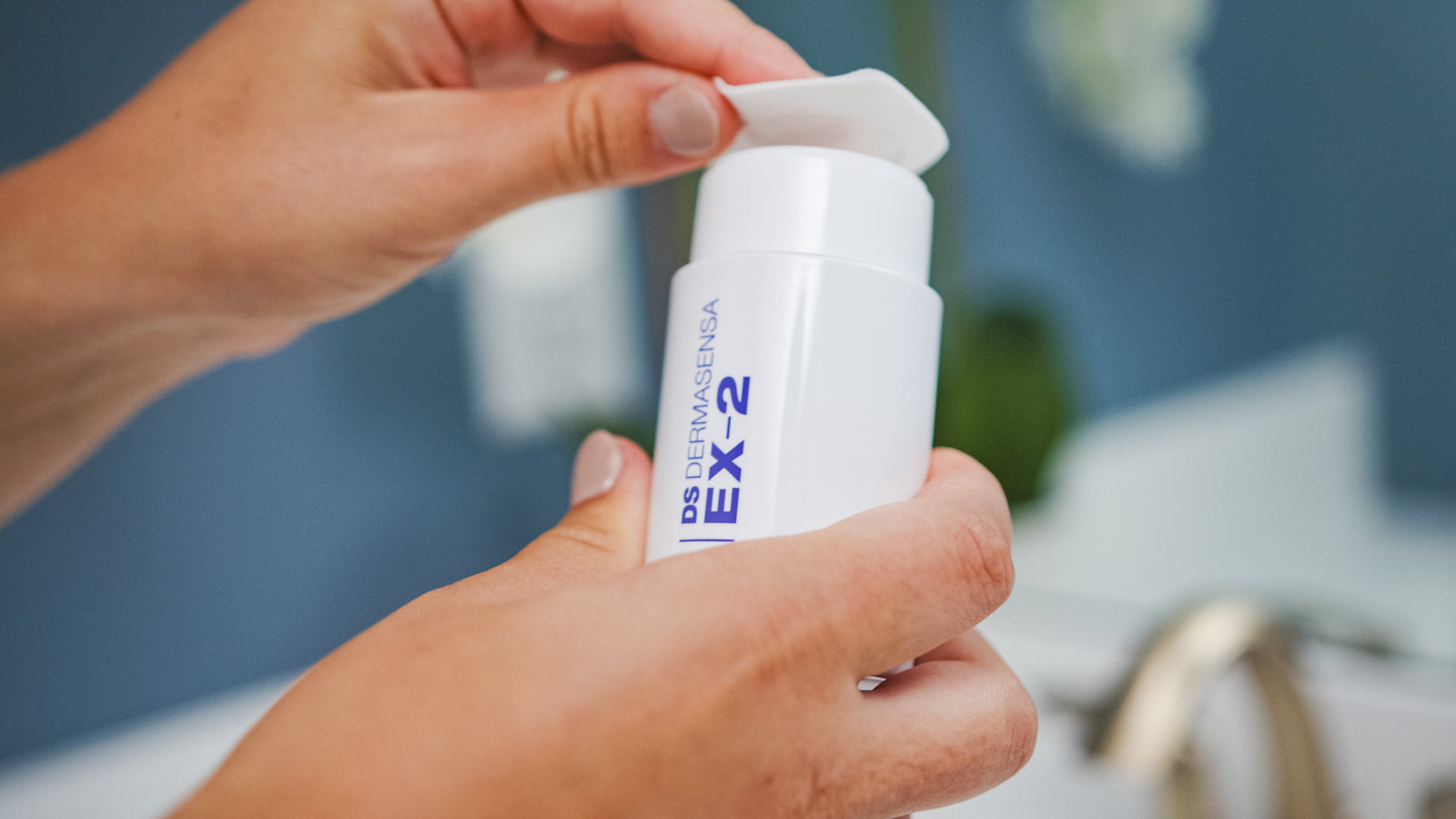

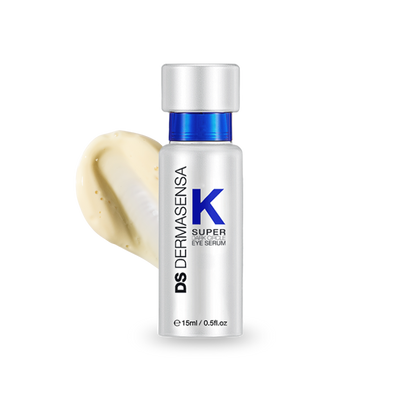
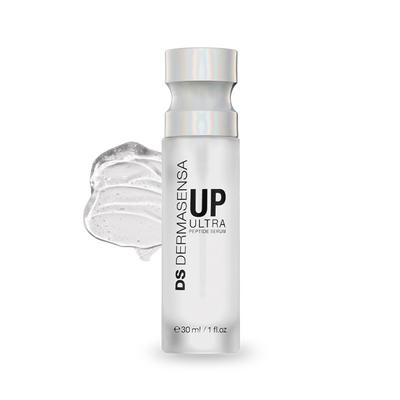
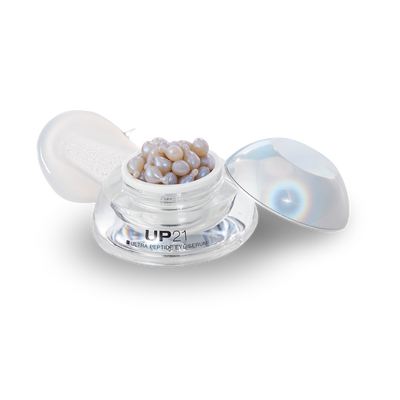
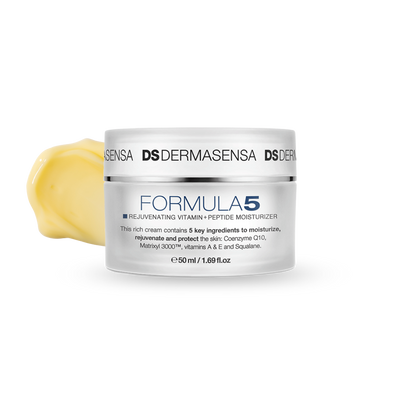
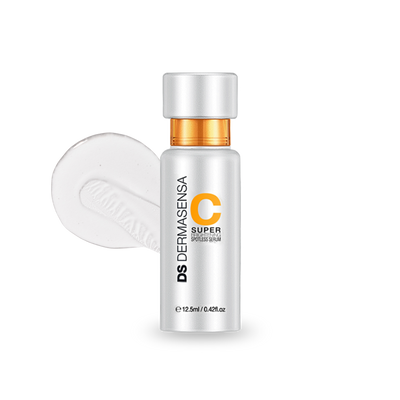
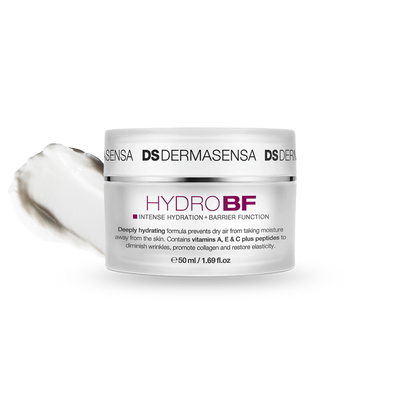
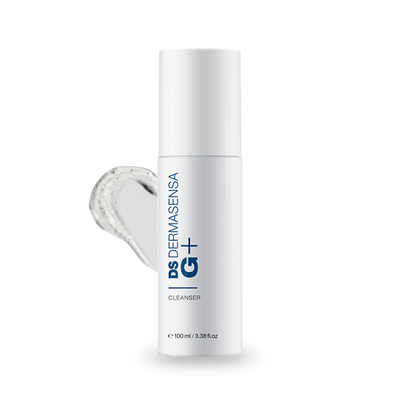
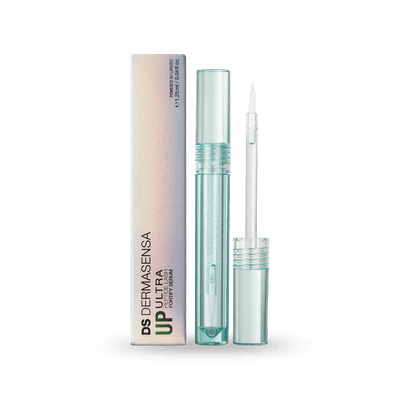
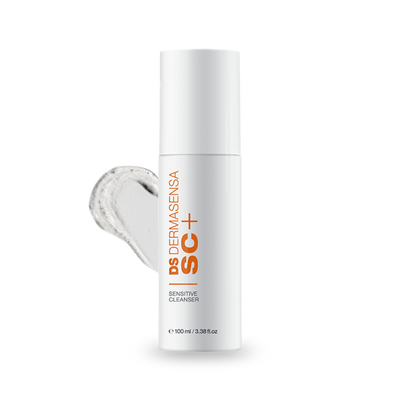
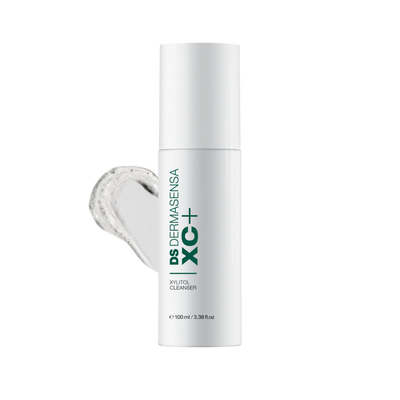

Leave a comment (all fields required)